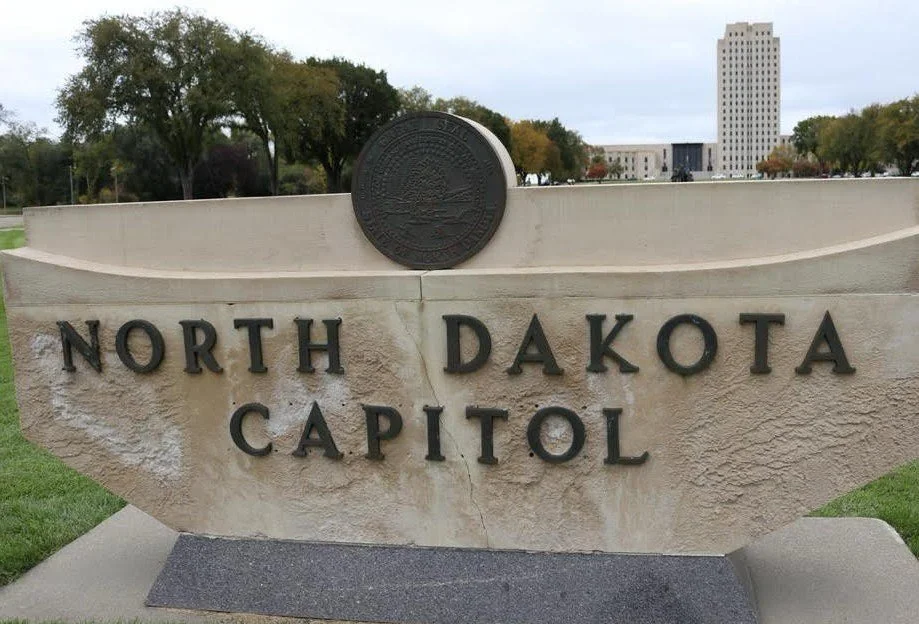Separation of Powers — Why is it Important?
We all may remember hearing about “Separation of Powers,” but what does it really mean? How should it work? When is it abused? Does it matter?
These are important questions, and the topic is more important today than we may realize. Checks and balances are critical to the separation of powers.
Decades ago, Americans became aware that the Judicial Branch of government may have been violating this important principle when judges began “making law from the bench” — infringing upon the authority which the Constitution grants solely to the legislative Branch of government.
Today, on the federal level, many would argue that the Judiciary is out of bounds by interfering with authority granted only to the Executive Branch — the presidency. Others argue that, although such intrusion is relatively recent and rapidly increasing, the courts are merely playing a role they always should have, even if protests over the absence of such judicial involvement in similar matters in the past were rare. It’s worthy of attention and debate.
In North Dakota, our Judicial Branch of government, with few exceptions, has “remained in its lane”. We can all be thankful for that and hope it continues.
The awareness of overreach by the Executive Branch into the purview of the Legislative Branch is newer, but no less important. It has been common, in our federal government, for recent presidents of both parties to issue flurries of executive orders. Such orders, in and of themselves, are not necessarily problematic if, as intended, they govern actions by agencies within the Executive Branch directing factors such as how to carry out their duties, etc. It is when they step over the line and infringe upon the Constitutional authorities of either of the other branches that they also become problematic.
We occasionally hear that attempts should be made to get things passed by Congress, noting that the next president can change a previous president’s executive order with the stroke of a pen. That’s true, but too seldom is the more important question asked — Did the order in question go too far — actually attempting to make law — rather than simply directing executive function or policy?
Perhaps a more troubling Executive Branch intrusion is regulatory in nature. Government agencies in the Executive Branch — both federal and state — make administrative rules which carry the force and effect of law. By definition, then, they are a constitutionally legislative authority which has been delegated by the Legislative Branch to the Executive Branch.
In North Dakota, because of this, we’ve taken action to try to ensure that the Legislature oversees and has some authority over these regulations. In fact, we’ve been cited as one of the states that does this the best, and our statute governing it has become a model for states throughout the nation.
On the federal level, Congress has not done this well. It’s apparently easier to complain about what agencies do when they overregulate than to oversee them to limit such abuse.
What about the relationship between the Governor’s office and our State Legislature? It has long been noted that North Dakota’s Constitution created a “weak governor”.
Far more power and authority is vested in the “people’s branch” — the Legislature. So much so that previous legislative leaders have joked that we need governors because we need people who can cut ribbons, lead parades, and the like. Intended as friendly jabs, in good fun, such comments also have a serious point to make.
Our state’s founders intended that the people’s elected representatives control public policy because they understood that legislators are closer and more accountable to those who elected them than any other officials in state government.
Governors play an important role and the Executive Branch is around when legislators’ taillights disappear over the hills of Bismarck at each session’s close. They must administer and enforce the laws the Legislature passes but our state’s founders directed a “hands off” approach for the Executive Branch during a legislative session — so much so that the North Dakota Constitution expressly forbids a governor from “menacing a veto” of a bill moving through the Legislature — quite a novel concept. In many states, governors readily meddle and threaten in the course of lawmaking.
Of course, a bill goes to the Governor’s desk after the Legislature has passed it and the Governor has the authority to sign it, veto it or allow it to go into effect without his or her signature. The Legislature has the last word because it is then tasked with upholding or overriding the Governor’s veto.
North Dakota’s Constitution makes it clear, both in spirit and explicitly, that the Legislature must be free of Executive intervention and allowed to do its work. While most North Dakota governors have respected this, some have exerted pressure that has sparked concern by both the public and legislators. Occasionally, one will hear, in the halls of the Legislature that one bill vs. another on the same topic is a governor’s favorite, coming dangerously close to violating that Constitutional principle. While everyone, including governors, are entitled to their opinion and free speech, it is important to respect our state’s explicit Constitutional separation of powers, as well as its spirit.
We can be thankful that our new governor certainly understands and respects such separation, having served in the Legislative Branch of government on both the state and federal level, prior to assuming his office.
Has the Legislature forgotten this balance? Do legislators pay too much deference to executive opinion or favoritism? Should such opinions even be voiced during the lawmaking process (note the Constitution’s caution on the subject)?
It’s a balance those two branches of our state government must strike, and one which may benefit from renewed scrutiny.
Kim Koppelman is a Policy Fellow at American Experiment North Dakota.

